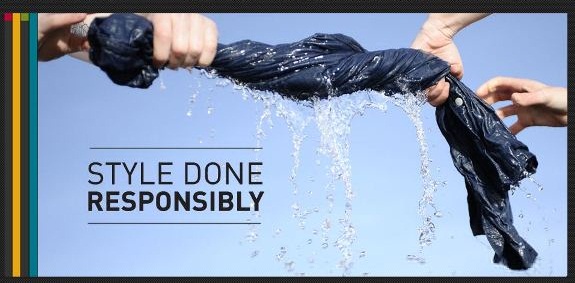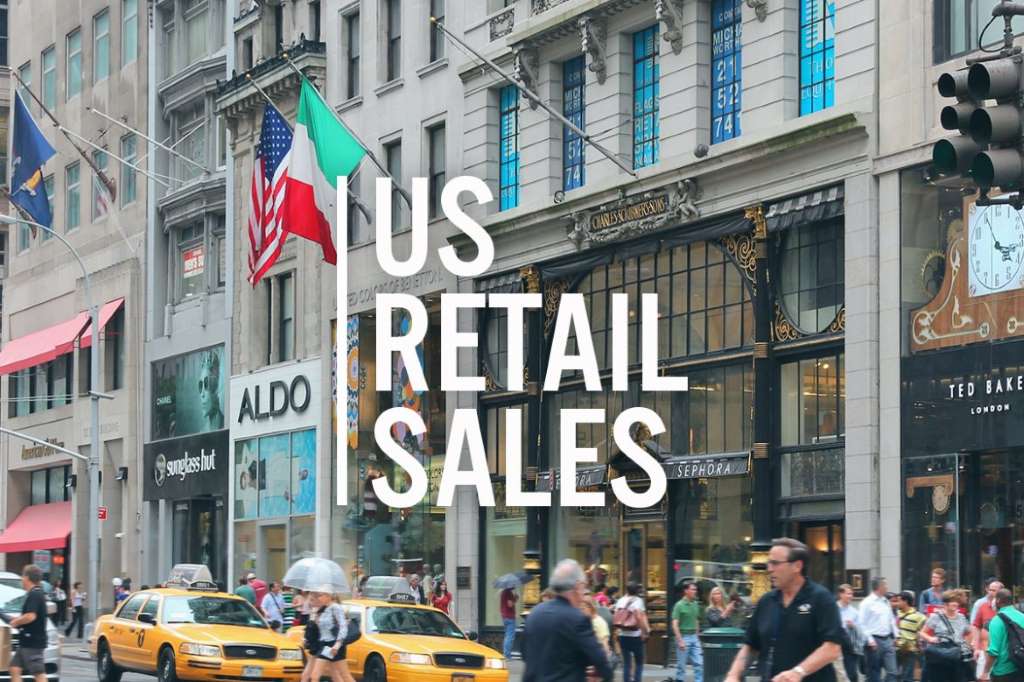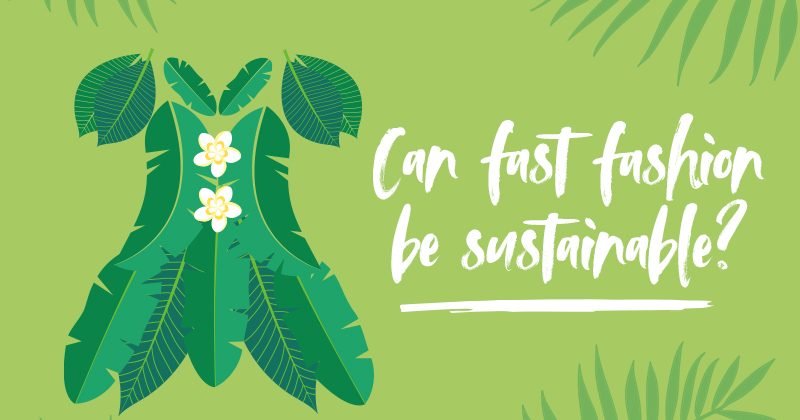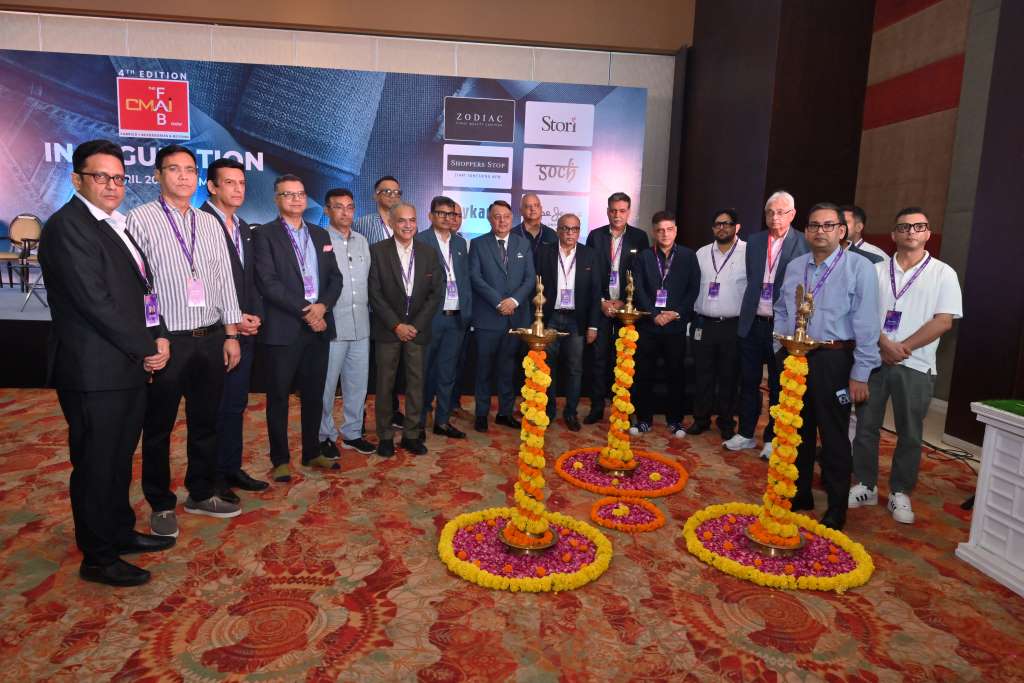

With sustainable buying making huge strides among consumers, there’s still a huge disconnect between consumer demand for more ethical products and a lack of awareness of how and where the clothes are made. Lee said that this is because the complexity of the apparel chain and also the trend of ‘fast fashion’ augmenting the issue.
Since ‘fast fashion’ is frowned upon, as it moves quickly from production to retail to offer the latest trends, Lee believes we need a cultural shift towards endurance of apparel products to address this.
He said that durability and quality have to be the value proposition for our clothing, instead of the thrill of buying the next new thing. He also predicted that the industry has almost reached a tipping point with consumers, however, the industry is still struggling with how to make those consumer connections.
‘Remake’, a start-up seeded by the Levi Strauss Foundation, Lee said, is working to engage consumers in a fresh way to learn about the people behind the products they buy. The organisation’s vision is to create a community of conscious shoppers through films, visual story-telling and immersive journeys.
Ayesha Barenblat, Remake’s founder said that they aim to move away from the pain narrative that has for long paralyzed consumers into inaction. They instead, build human connections between shoppers and makers, she added. By pain narrative, Barenblat refers to changing the conversation from scare tactics, shaming or short-lived calls, to boycott after a factory disaster, toward more meaningful engagement.
Other stakeholder groups such as labour/human rights advocates and shareholders are increasing their expectations of transparency from apparel brands, while consumers are demanding more responsible products. Companies though, feel the pressure to do more than just follow the law; they feel the need to demonstrate actual social impact within their supply chains.
Penetration in the supply chain
One company to put efforts and resources into moving from compliance to deeper engagement with its supply chain and saw results, is Levi Strauss & Co. Lee told the SXSW Eco audience how the company has put millions of dollars in supply chain worker programmes to address issues such as health and financial security.
In 1991, the early days of apparel outsourcing of labour, Levi Strauss adopted a code of conduct called its ‘Terms of Engagement’ (TOE), or as Lee put it—‘the code that launched a thousand codes’. In 2011, Lee partnered with the business side to establish the ‘Improving Worker Well-Being’ initiative for apparel workers in communities where Levi Strauss’s products were manufactured. From just a compliance-focused ‘do no harm’ labour policy, the idea was to move and truly collaborate with suppliers on the ground to make a tangible impact on workers’ lives.
Recently, the finished pilots of the ‘Worker Well-Being’ initiative in Bangladesh, Cambodia, Egypt, Haiti, and Pakistan. Here, it provides support, surveys and curricula to suppliers on topics such as financial security and women’s health, connecting suppliers with local partners to help them meet the TOE.
Looking into workers’ well-being has resulted in Levi Strauss witnessing a return of up to $3 for every $1 invested in ‘Worker Well-Being’ initiatives, across the supply chain.
Finding the right partners is one of the biggest obstacles in implementing these programmes. To build capacity in developing nations to better serve workers, the NGO sector serving supply chains needs help. Thus, the company focuses its programmes in nations with the most marginalised communities. Lee said that they look at who is the most impacted, and invest in nimble organisations to build bridges with suppliers.
Standing up marginalised people isn’t really reinventing the wheel for Levi Strauss, Lee mentioned. It, in fact, builds on a 163-year history of being a values-driven company.
www.levistrauss.com












